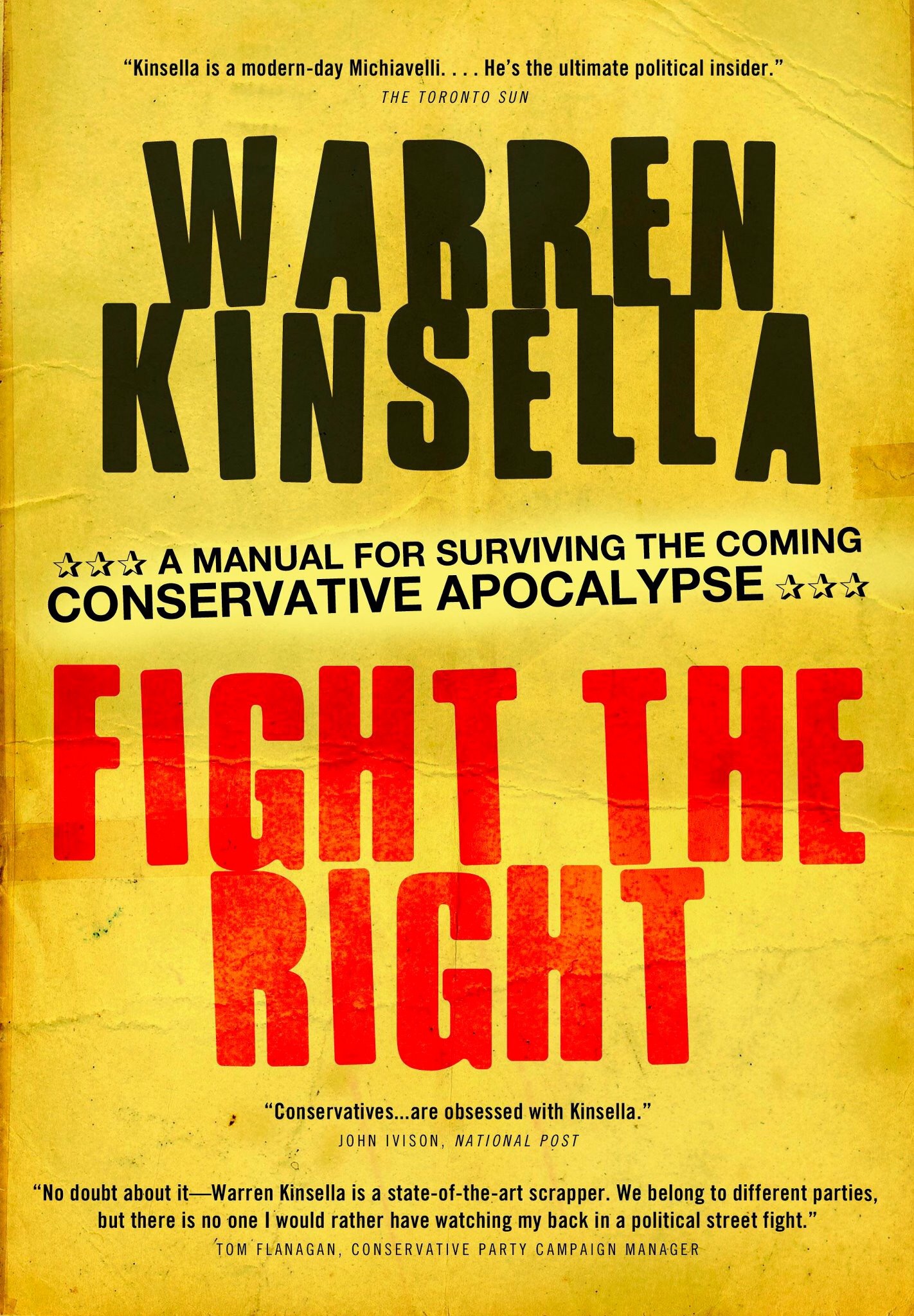Proud punk Dad at Anti-Flag
So.
Text Daughter this morn about Anti-Flag tonight. She texts back, says she was out to 5:30. At the hospital.
Wait. What?
She and Hannah, she said. A girl at Sneak’s had had a reaction to her heart medication, and they had to rush her to the E.R.
Which friend? Who?
Long story, apparently. She said she’d tell us later.
So – she and her pals had been at her usual punk rock hangout on a Friday night, Sneaky Dee’s (where SFH made its debut a decade ago, by the by). They look across the room, which was crowded as always, and there is a girl passed out. No one is helping her. No one.
She and Hannah go to help her. They try and talk to her, no response. They hold her head up and hold her hand. Nothing.
She needs a doctor.
With the bouncers’ help, they get her outside. The ambulance is taking too long, so they wave down a cab. The driver speeds towards Sunnybrook.
The E.R. is packed. The girl is still out cold, totally unresponsive. They finally get her to a bed, and they stay with her, talking to her, holding her hand.
It’s maybe 3 a.m. The nurse is crabby. She barks at them. What’s your friend’s name? What did she take?
Anyway. They stay with her until the doctor sees her. She’s starting to wake up. She’s on a new heart medication, turns out. She had a bad reaction to it, the doctor says. A couple beers hadn’t helped, either.
Using the girl’s now-unlocked phone, Daughter and Hannah finally find a friend of the girl – who is from Cobourg – in Toronto. The friend has been frantically looking for her all night.
She’s discharged. Daughter and Hannah stay with her. They take her in another cab, all the way across town. Sun’s coming up. They release the girl into the care of the grateful friend.
It’s dawn. Hannah goes home. Daughter, meanwhile, gets on the streetcar – way, way out in the West end – with her last few bucks. She and Hannah had used up all their money to help the girl.
The driver looks at her. You okay?
Yes. Daughter says, and then she heads home to go to sleep.
Proud Dad part: they didn’t know this girl, at all.
Daughter and Hannah had never seen her before last night. She’s not their friend. But they knew she needed help, so they gave it.
Proud Dad waiting for her at Anti-Flag, here.



